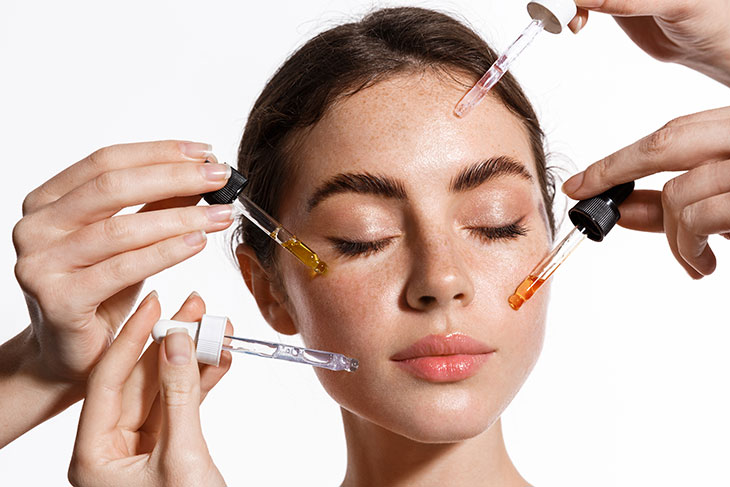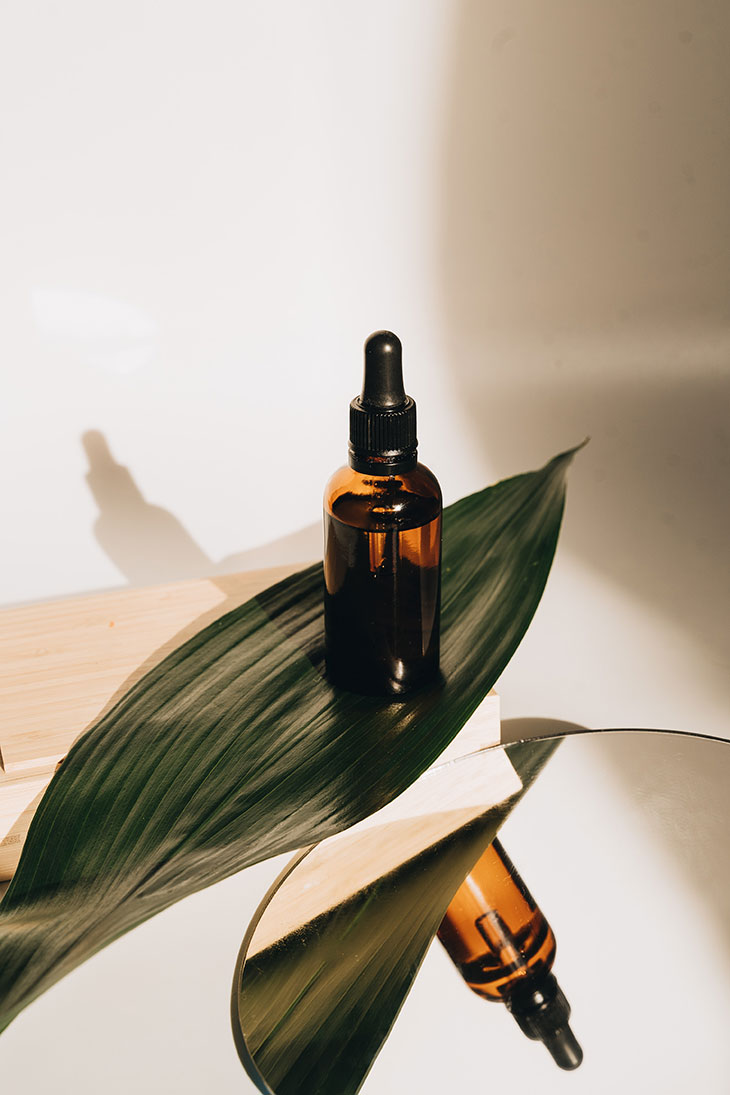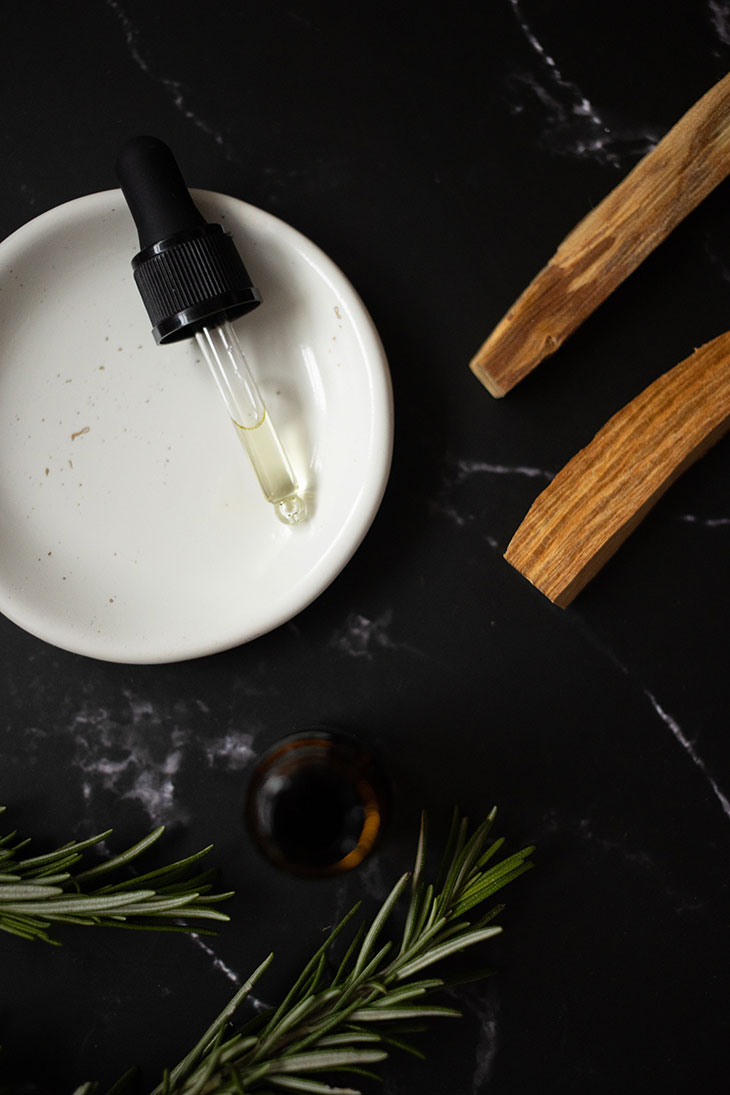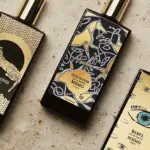
Every few years, the beauty industry buzzes with a ‘revolutionary’ ingredient promising youthful radiance and diminished wrinkles. However, retinol, standing strong through decades, has earned its title as the undisputed champion of anti-aging. But what gives retinol its revered status in a saturated market?
SKIN CARE
Retinol, a vitamin A derivative, is a fat-soluble vitamin found in our diet, crucial for vision, a healthy immune system, and cell growth. In the world of skincare, its benefits lie in its ability to function as a cell-communicating ingredient. Simply put, it can connect to almost any skin cell, instructing it to behave like a younger, healthier version of itself.

The Science Behind the Magic
The myriad benefits of retinol aren’t just hearsay; they’re rooted in science:
Boosting Collagen: Collagen, the structural protein responsible for skin elasticity, decreases with age. Retinol steps in, encouraging collagen production, thereby plumping the skin and reducing the appearance of fine lines.
Accelerated Cell Turnover: As we age, our cell turnover rate decelerates, leading to dull, uneven skin texture. Retinol aids in expediting this process, ensuring fresher, younger cells surface more rapidly.
Pore Refinement: Thanks to its ability to decrease oil production and stimulate collagen, retinol can make pores appear smaller and less pronounced.
Targeting Hyperpigmentation: Age spots, sunspots, and post-inflammatory hyperpigmentation can all be alleviated with retinol. It works by slowing the production of melanin, promoting an even skin tone.
Skin Hydration: Some retinol formulations, particularly prescription ones like tretinoin, help increase skin’s hyaluronic acid levels, ensuring optimal hydration and barrier function.
Incorporating Retinol: A Step-by-Step Guide
Retinol, while beneficial, is potent. It’s essential to introduce it to your regimen judiciously:
Begin with Baby Steps: Opt for a lower concentration initially, gradually working your way up as your skin acclimates.
Frequency Matters: Start by applying retinol once or twice a week, slowly progressing to nightly application as your skin becomes more tolerant.
Pair with Moisturizer: To combat potential dryness, layer a hydrating moisturizer over your retinol product.
Daytime Defense: Retinol can heighten photosensitivity. Shield your skin with a broad-spectrum SPF of at least 30 every morning, even on cloudy days.

Navigating the Initial Retinol Response
When you first start using retinol, your skin might rebel — a phenomenon termed ‘retinization.’ Symptoms can include flakiness, redness, tightness, and increased sensitivity. However, this is generally temporary and signifies that the retinol is working. To minimize discomfort:
Buffering Technique: Mix retinol with your moisturizer to dilute its strength initially.
Stay Hydrated: Drink ample water and use hydrating serums or creams to counteract the dryness.
Avoid Over-exfoliation: While using retinol, reduce the frequency of other exfoliating agents like alpha hydroxy acids or scrubs.
Retinol Myths Debunked
Myth: You can’t use retinol during the day.
Fact: While it’s ideal for nighttime use, if you prefer a morning application, ensure you follow up with a robust sunscreen.
Myth: Retinol thins the skin.
Fact: It might cause initial flaking, but long-term, it makes the skin thicker and more resilient by boosting collagen.
Retinol remains one of the most effective tools in our anti-aging arsenal. With its scientifically-backed benefits, it offers tangible results for a spectrum of skin concerns. However, patience is key. While it might not provide overnight miracles, with consistent, informed use, retinol can pave the way for healthier, more youthful skin. Remember, skincare isn’t just about looking good; it’s an investment in your skin’s health.



